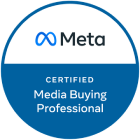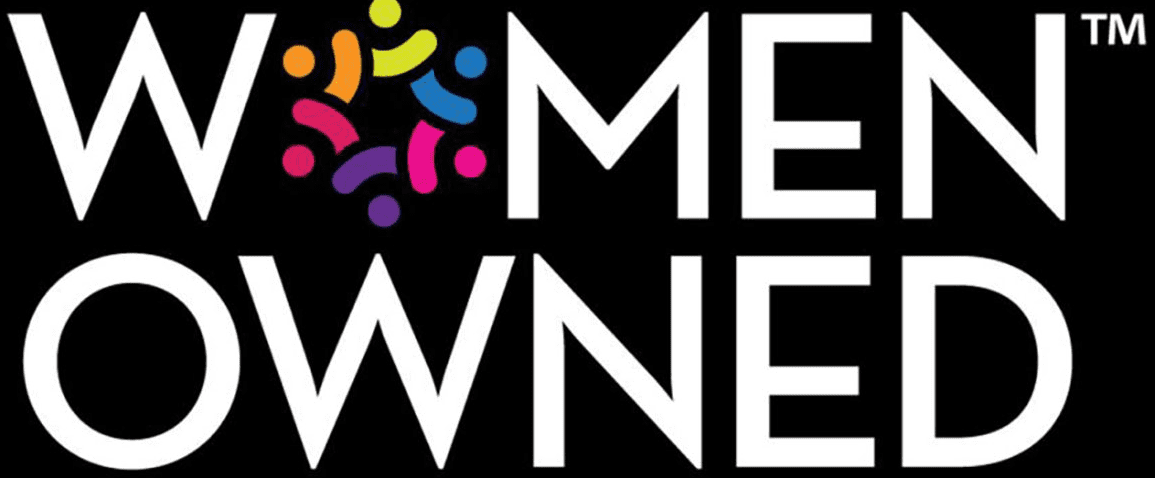If you’re getting started with Google advertising, you’re probably wondering how much you should budget.
How much can you expect to pay per click, per day, per campaign? What will be your return on investment (ROI)?
These are all important questions. And, they all share the same answer: it depends.
Google advertising costs can vary widely. Read on as we review the factors that can affect cost per click and help you narrow in on what you can expect to pay.
Sections
What is the average cost per click for Google advertising?
The cost per click represents the average amount an advertiser pays for each click on their ad. In general, the average Google CPC ranges from $1 to $7, according to HubSpot. However, how much any individual advertiser pays per click depends on various factors.
For one thing, different keywords have different cost ranges. More competitive keywords cost more while less competitive keywords cost less. Highly competitive keywords tend to be broader in nature and popular search terms, so many advertisers will be bidding on them.
In Google Keyword Planner, you can get a good idea of the range you’ll pay per click. For example, more competitive keywords like “best meal delivery service” tend to cost more per click than a keyword focused on a specific meal delivery brand, such as Freshly or Hello Fresh.

Beyond keywords, there are other factors that affect how much you’ll pay per click. These include:
- Your ad Quality Score: Measured on a 1-10 scale, Google calculates this based on the relevance of your ad for a particular keyword, the likelihood that someone will click on the ad when they see it, and your landing page experience.
- Your maximum bid: This is an amount you set that is the absolute maximum you’re willing to pay for a single click on your ad.
- Your ad rank vs. the other advertisers: Google calculates this based on your bid amount, ad quality, and the expected performance of your ad given the context of the individual searching at that time.
Each time your ad has the opportunity to appear, the Google ad auction takes all of these factors into consideration in determining where your ad will appear (if at all) and how much you’ll pay per click.
How to lower your cost per click
Want to pay less per click? Try these strategies.
Focus on long-tail keywords
These keywords are less competitive so they cost less per click. However, you also want to be sure you’re focusing on the right long-tail keywords. So, focus on ones with strong purchase intent.
Improve your ad Quality Score
Ideally, you want a Quality Score of 8 or higher. Prioritize your ads with the lowest Quality Scores and work to improve them. Review the ad copy to ensure it’s relevant and matches the keyword intent. Then look over your landing page. Does it load fast and help people accomplish what they want to do quickly?
Increase your click-through rate
Your ad CTR impacts both your ad Quality Score and ad rank. Consider using relevant extensions to a) offer a more compelling reason to click your ad and b) give people more places to click. For example, if you are running a sale, consider adding Promotion extensions to your ad. These share additional details about the sale such as the promo code.

Work with experts
The best way to pay the least for the best results is to work with advertising experts. PPC pros understand all the tricks to boosting ad Quality Score, finding keywords with strong purchase intent, and most importantly, getting you the ROI you’re looking for.
It’s time to pinpoint the right advertising strategy for your business. Contact Your Marketing People today.







